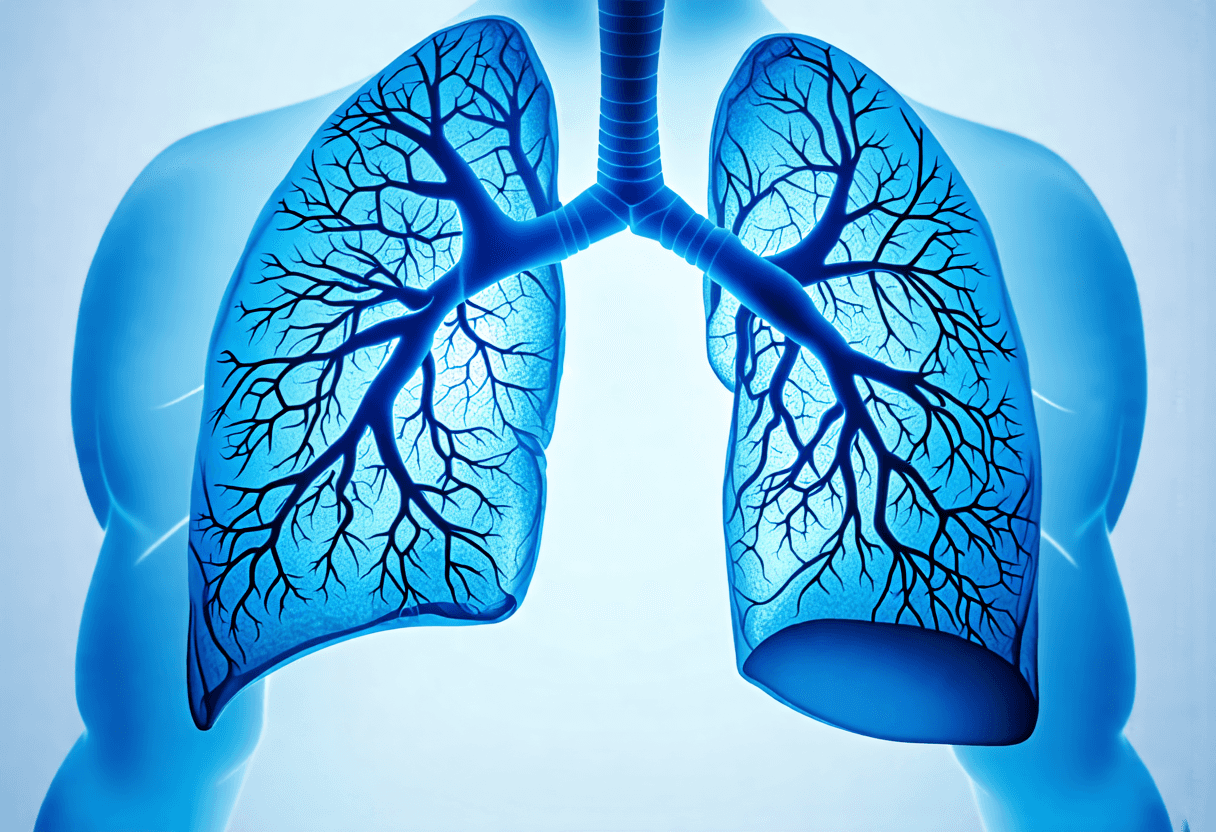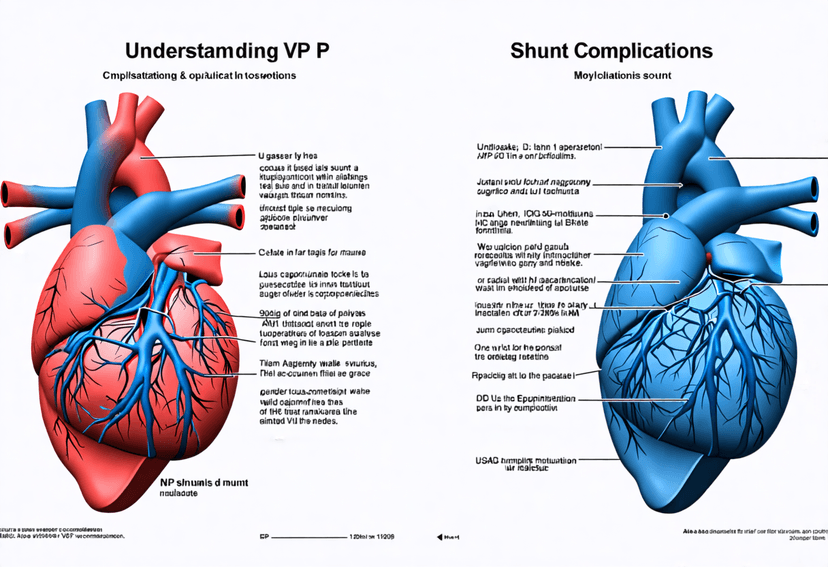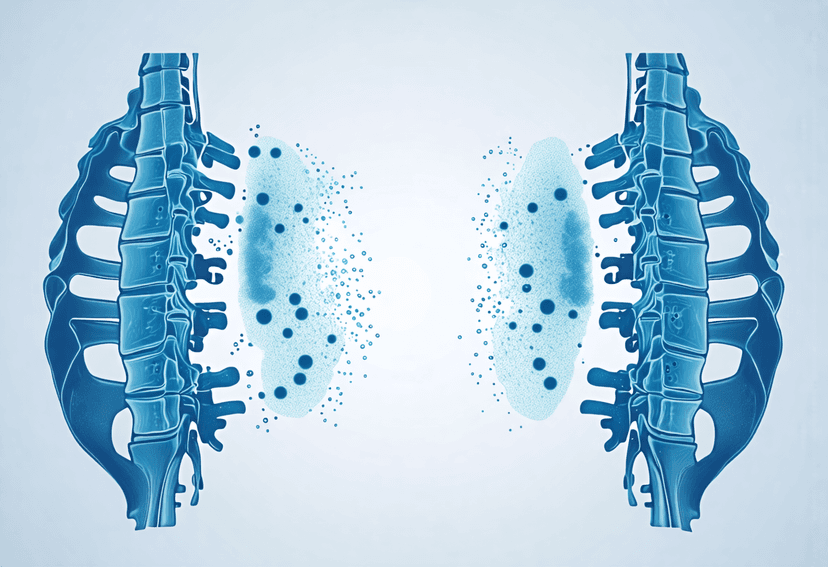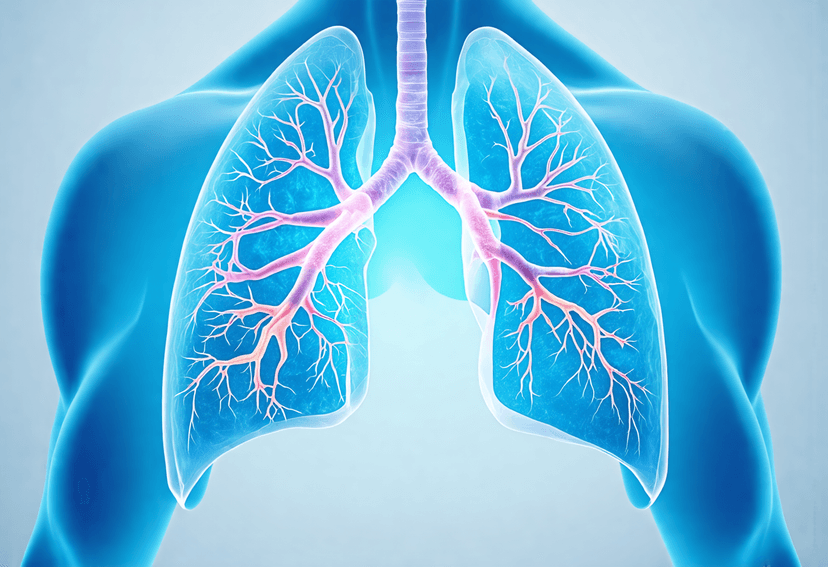
Lung Transplant Complications: What to Watch For
13 Oct, 2024
 Healthtrip
HealthtripReceiving a lung transplant can be a life-changing event, offering a new lease on life for individuals suffering from severe lung diseases. However, as with any major surgical procedure, there are potential complications that can arise. It's essential for patients to be aware of these potential risks to ensure timely medical attention and optimal recovery. In this blog, we'll delve into the common lung transplant complications, their symptoms, and what to do if you experience them.
Early Complications (0-6 months post-transplant)
During the initial months following a lung transplant, patients are at a higher risk of developing complications. These early complications can be severe and may require immediate medical attention.
Most popular procedures in India
Rejection
One of the most significant concerns during the early stages is rejection. When the body rejects the transplanted lung, it can lead to severe consequences. Symptoms of rejection may include shortness of breath, coughing, fatigue, and fever. It's crucial to seek medical attention promptly if you experience any of these symptoms, as timely treatment can help prevent further damage.
Infections
Infections are a common complication during the early post-transplant period. Bacterial, viral, and fungal infections can occur, and it's essential to monitor for signs of infection, such as fever, chills, or coughing up yellow or green mucus. Patients should practice good hygiene, avoid crowded areas, and seek medical attention if they suspect an infection.
Wellness Treatments
Give yourself the time to relax
Lowest Prices Guaranteed!

Lowest Prices Guaranteed!
Long-term Complications (6 months-1 year post-transplant)
As patients progress beyond the initial recovery period, they may encounter long-term complications that can impact their quality of life.
Chronic Rejection
Chronic rejection, also known as bronchiolitis obliterans syndrome (BOS), is a common long-term complication. It occurs when the transplanted lung gradually deteriorates, leading to breathing difficulties and coughing. Symptoms may develop slowly, making it essential to attend regular follow-up appointments to monitor lung function.
Cardiovascular Disease
Lung transplant patients are at a higher risk of developing cardiovascular disease, including high blood pressure, heart failure, and stroke. Maintaining a healthy lifestyle, including a balanced diet, regular exercise, and stress management, can help mitigate this risk.
Lifestyle Changes and Prevention
To minimize the risk of complications, lung transplant patients must adopt a healthy lifestyle and adhere to their treatment plan.
Medication Adherence
Taking immunosuppressive medications as prescribed is crucial to prevent rejection. Patients should establish a routine to ensure they take their medications at the same time every day and avoid missing doses.
Lifestyle Modifications
Maintaining a healthy weight, exercising regularly, and eating a balanced diet can help reduce the risk of long-term complications. Patients should also avoid smoking and secondhand smoke, as they can damage the transplanted lung.
Conclusion
While lung transplant complications can be alarming, being aware of the potential risks and taking proactive steps can help minimize their impact. By attending regular follow-up appointments, adhering to medication regimens, and adopting a healthy lifestyle, patients can optimize their recovery and enjoy a better quality of life. Remember, it's essential to communicate openly with your healthcare team about any concerns or symptoms, ensuring timely medical attention and the best possible outcome.
Related Blogs

Understanding VP Shunt Complications
Learn about the potential complications of VP shunt surgery and

The Risks and Complications of Transforaminal Lumbar Interbody Fusion (TLIF)
Learn about the risks and complications associated with Transforaminal Lumbar

Rotator Cuff Surgery: Understanding the Risks and Complications
What to know about potential risks and complications

Beyond the Basics: Understanding and Preparing for Potential Knee Replacement Complications
Understand the potential risks and complications of knee replacement surgery

Appendix Surgery Complications: What to Watch Out For
Common complications that can arise from appendix surgery, including infection

Lung Transplant and Osteoporosis: What to Know
Learn about the risk of osteoporosis after a lung transplant,










